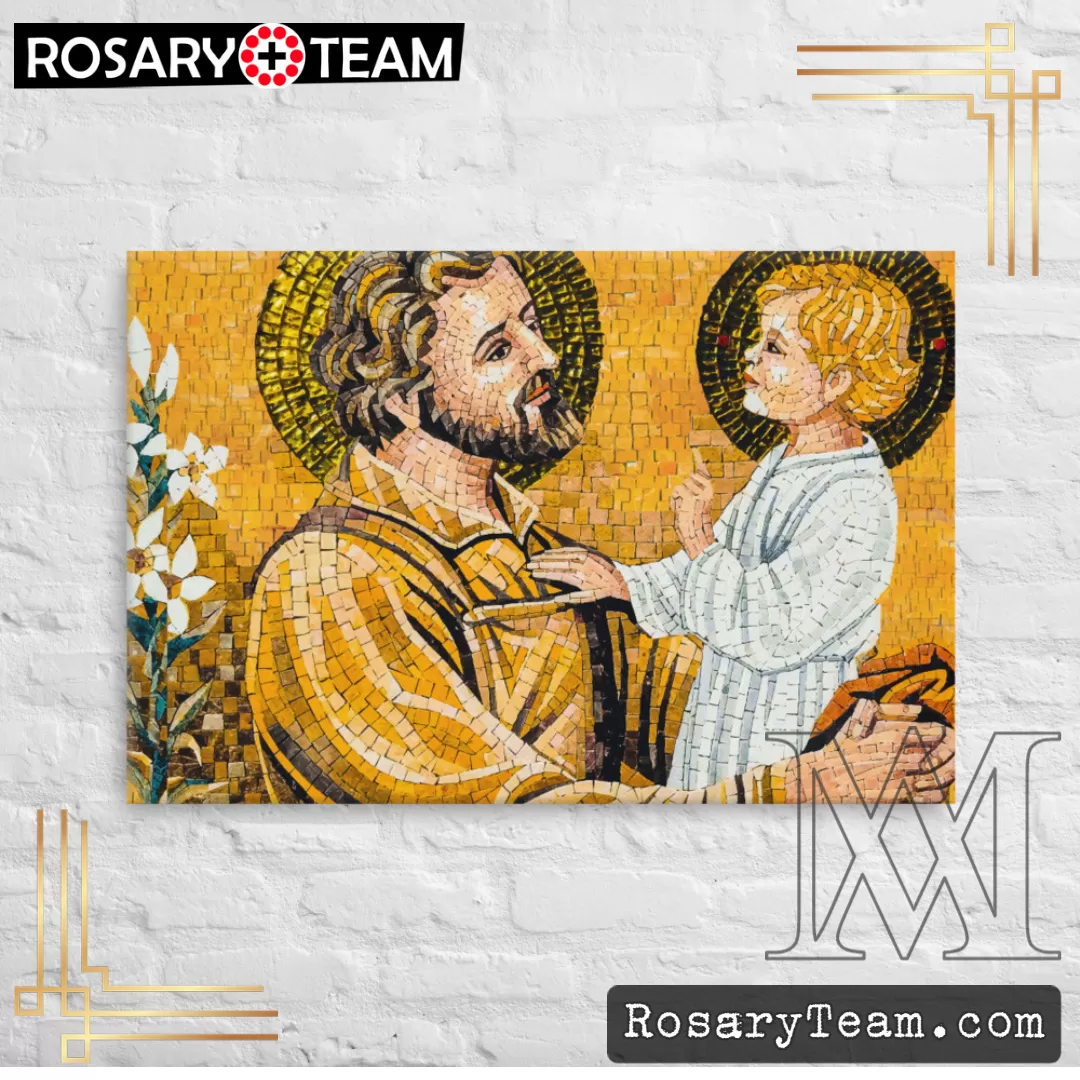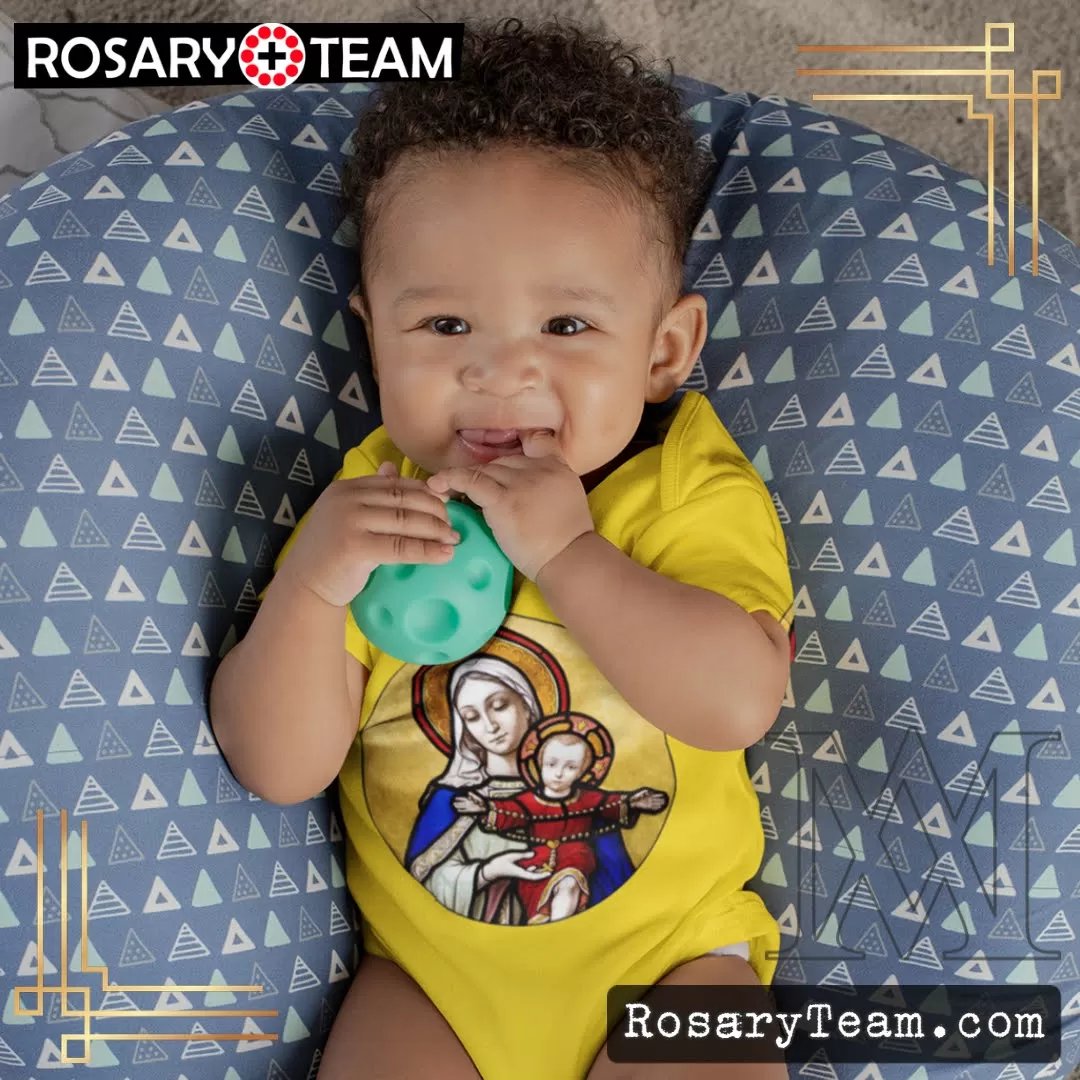Sunday, August 22 : Saint John-Paul II

Those who feed on Christ in the Eucharist need not wait until the hereafter to receive eternal life: they already possess it on earth, as the first-fruits of a future fullness which will embrace man in his totality. For in the Eucharist we also receive the pledge of our bodily resurrection at the end of the world: “He who eats my flesh and drinks my blood has eternal life, and I will raise him up at the last day” (Jn 6:54). This pledge of the future resurrection comes from the fact that the flesh of the Son of Man, given as food, is his body in its glorious state after the resurrection. With the Eucharist we digest, as it were, the “secret” of the resurrection. For this reason Saint Ignatius of Antioch rightly defined the Eucharistic Bread as “a medicine of immortality, an antidote to death”. The eschatological tension kindled by the Eucharist expresses and reinforces our communion with the Church in heaven. It is not by chance that the Eastern Anaphoras and the Latin Eucharistic Prayers honor Mary, the ever-Virgin Mother of Jesus Christ our Lord and God, the angels, the holy apostles, the glorious martyrs and all the saints. This is an aspect of the Eucharist which merits greater attention: in celebrating the sacrifice of the Lamb, we are united to the heavenly “liturgy” and become part of that great multitude which cries out: “Salvation belongs to our God who sits upon the throne, and to the Lamb!” (Rev 7:10). The Eucharist is truly a glimpse of heaven appearing on earth. It is a glorious ray of the heavenly Jerusalem which pierces the clouds of our history and lights up our journey.
Roman Catholic Ordinary Calendar – rosary,team
















